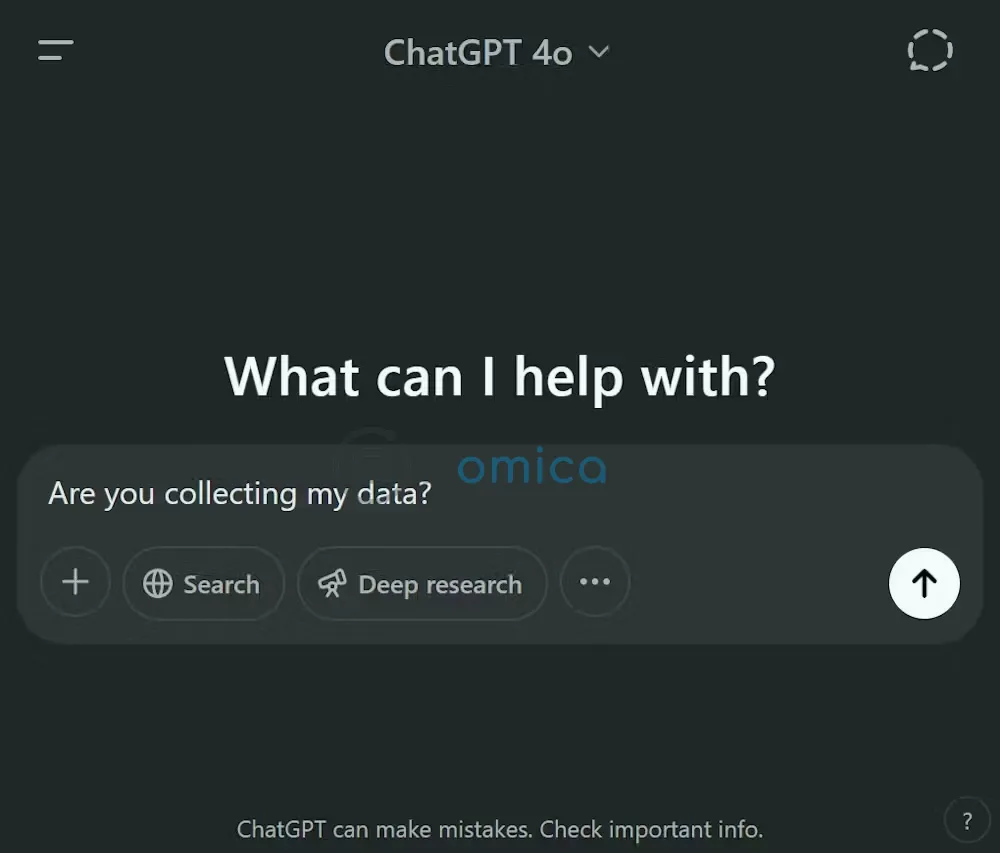Artificial intelligence (AI) has woven itself into the fabric of everyday life, integrating seamlessly into devices ranging from electric razors to smart toothbrushes. These AI-powered technologies harness machine learning algorithms to optimize user performance by tracking usage, providing real-time feedback, and ultimately tailoring experiences to individual users. As people increasingly rely on AI systems like ChatGPT and smartwatches to manage daily tasks and health routines, the question of data privacy becomes paramount.
While the conveniences of AI are apparent, the implications for data privacy are profound. AI systems often collect extensive data on users, sometimes without their explicit consent or knowledge. This data can be mined to discern personal habits and preferences and even predict future behavior through analytics. Emerging technologies present both an opportunity and a challenge—particularly in the realm of personal data management and security.
Dr. Christopher Ramezan, an assistant professor of cybersecurity at West Virginia University, explores the intersection of AI systems and personal data, highlighting the urgent need for privacy-preserving technologies. “As AI continues to evolve, so do the vulnerabilities regarding how we manage personal information,” Dr. Christopher Ramezan notes. “Understanding the potential for data misuse is crucial.”
AI technology can generally be segmented into two categories: generative AI and predictive AI. Generative AI utilizes vast datasets to create content—whether textual or visual—while predictive AI works by analyzing historical data to predict future outcomes, like stepping goals or consumer preferences. Both forms have the potential to gather data extensively on users, raising ethical considerations around privacy.
How AI Tools Collect Data
Interesting insights come from looking at generative AI platforms like ChatGPT or Google Gemini. These tools capture every user interaction— every question posed and response generated—recording this content to enhance the models that power them. Such practices, as outlined in OpenAI’s privacy policies, indicate that user input may be utilized to refine service offerings. While users can typically opt out of having their data used to train models, concerns linger regarding data retention and unauthorized usage. Importantly, while anonymization of data is a common claim, there lies an inherent risk of reidentification.
For instance, predictive AI models from social media platforms such as Facebook, Instagram, and TikTok are designed to collect a plethora of data. Details shared on these platforms—including posts, likes, and time spent viewing content— contribute to creating detailed user profiles. These profiles facilitate targeted advertising and content recommendations but also open the floodgates to potential misuse of personal information, including sale to third-party data brokers. Such transactions enable advertisers to push tailored advertisements based on user data, raising significant ethical concerns about user consent.
Tracking Cookies and Embedded Pixels
The digital ecosystem is further complicated by tracking cookies and embedded tracking pixels, which are used to monitor user behavior across websites and applications. Cookies store information about users’ online journeys, giving marketers insight into their activities. Studies suggest a single website can place over 300 tracking cookies on devices, enabling companies to build sophisticated user profiles.
Understanding the mechanics of cookies enhances one’s comprehension of the incidence where consumers see ads reflecting their browsing behaviors, even on unrelated sites.
Data Privacy Controls and Limitations
Despite the promises of privacy settings offered by many digital services and AI tools, users often find their control over personal data limited. When using smart devices like fitness trackers or smart home speakers, users frequently remain unaware that these devices continuously record information such as biometric data or environmental sounds. As these technologies operate in a “listening” mode, they unintentionally capture private conversations—a concern heightened by their cloud connectivity, which allows for extensive data sharing.
Several incidents have illustrated these dangers, including the 2018 Strava fiasco, where the fitness app inadvertently disclosed military locations through a map highlighting user exercise routes. Such instances underscore the vulnerability of tech users and the potential ramifications of data mismanagement.
Privacy Rollbacks in the Tech Industry
Recent developments indicate that some leading tech companies are reducing privacy protections. For example, Amazon plans to send all voice recordings from its Echo devices to the cloud by default, stripping away options for users to limit data collection. These battles over data privacy represent a growing tension between corporate interests and consumer rights.
Concerns around misuse of data extend to government and corporate partnerships, which can track users’ actions and patterns in unprecedented ways. Many worry that such evolving relationships could lead to vastly increased surveillance capabilities and erosion of personal freedoms.
Implications for Data Privacy
The overarching challenge lies in transparency. Consumers typically have limited understanding regarding what data is collected, its usage, and who has access. Legal frameworks like the General Data Protection Regulation (GDPR) in the European Union and California’s Consumer Privacy Act (CCPA) strive to protect user data, yet rapid advancements in AI technology frequently outpace regulatory measures.
Individuals must understand that, despite the conveniences afforded by AI, their data is likely being harvested in ways they may not fully comprehend. Being educated about the services used— including their terms of service and data collection policies—helps inject a measure of caution into the adoption of AI tools.
Conclusion
As scientists and technologists continue to explore the depths of AI, users must remain vigilant and informed about the information they tacitly share. While AI can offer valuable tools for productivity and efficiency, individuals should approach these technologies with awareness and prudence, ensuring that their personal data remains secure and private.
This article is part of a series exploring data privacy concerns in the modern world, analyzing the intricate web of data collection and individual agency in the age of AI.








